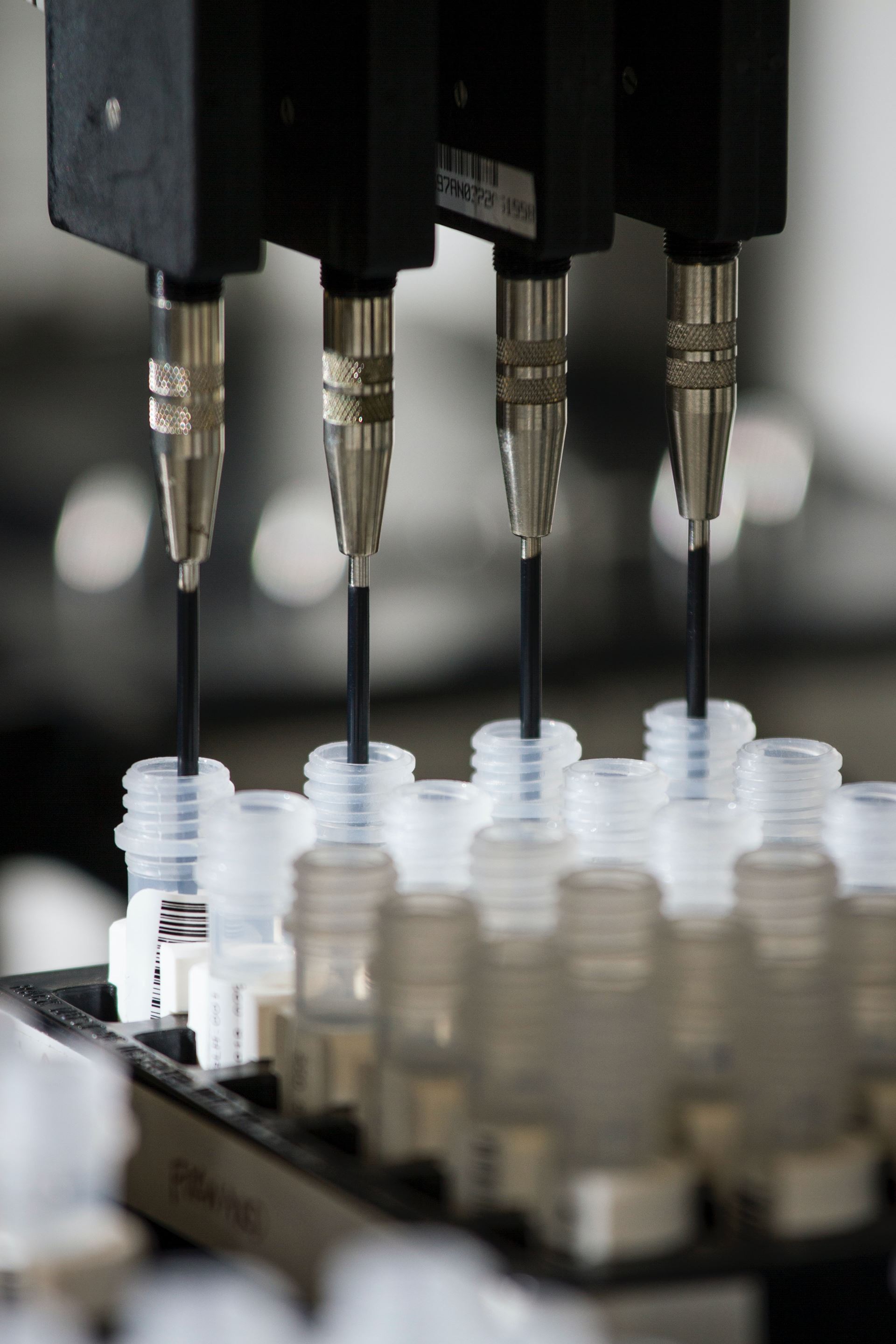Test Results
Results of Tests and Investigations
Fo results, please telephone 0345 189 7070 and select option 4, the line open 11:00 – 14:30. Please remember that staff may have to ask questions to establish your identity and to assess the best course of action for your enquiry, to obtain details to pass on to the doctor. Such questions are meant to help you and are not designed to be obstructive or intrusive.
Please be aware that if you are calling for someone else’s results, and we do not already have written consent from the patient for you to recieve test results on their behalf, we will not be able to discuss the results with you. We will ask for written permission from the patient for this— as this may be in breach of the data protection act and a confidentiality issue.

Blood Tests
A blood test is when a sample of blood is taken for testing in a laboratory. Blood tests have a wide range of uses and are one of the most common types of medical test. For example, a blood test can be used to:
- assess your general state of health
- confirm the presence of a bacterial or viral infection
- see how well certain organs, such as the liver and kidneys, are functioning
A blood test usually involves the phlebotomist taking a blood sample from a blood vessel in your arm and the usual place for a sample is the inside of the elbow or wrist, where the veins are relatively close to the surface. Blood samples from children are most commonly taken from the back of the hand. The childs hand will be anaesthetised (numbed) with a special cream before the sample is taken.
You can find out more about blood tests, their purpose and the way they are performed on the NHS Inform website - https://www.nhsinform.scot/tests-and-treatments/blood-tests/blood-tests
X-Rays
An X-ray is a widely used diagnostic test to examine the inside of the body. X-rays are a very effective way of detecting problems with bones, such as fractures. They can also often identify problems with soft tissue, such as pneumonia or breast cancer.
If you have an X-ray, you will be asked to lie on a table or stand against a surface so that the part of your body being X-rayed is between the X-ray tube and the photographic plate.
An X-ray is usually carried out by a radiographer, a healthcare professional who specialises in using imaging technology, such as X-rays and ultrasound scanners.
You can find out more about x-ray tests, how they are performed, their function and the risks by visiting the NHS Inform website: NHS Inform X-ray
Page created: 15 July 2022